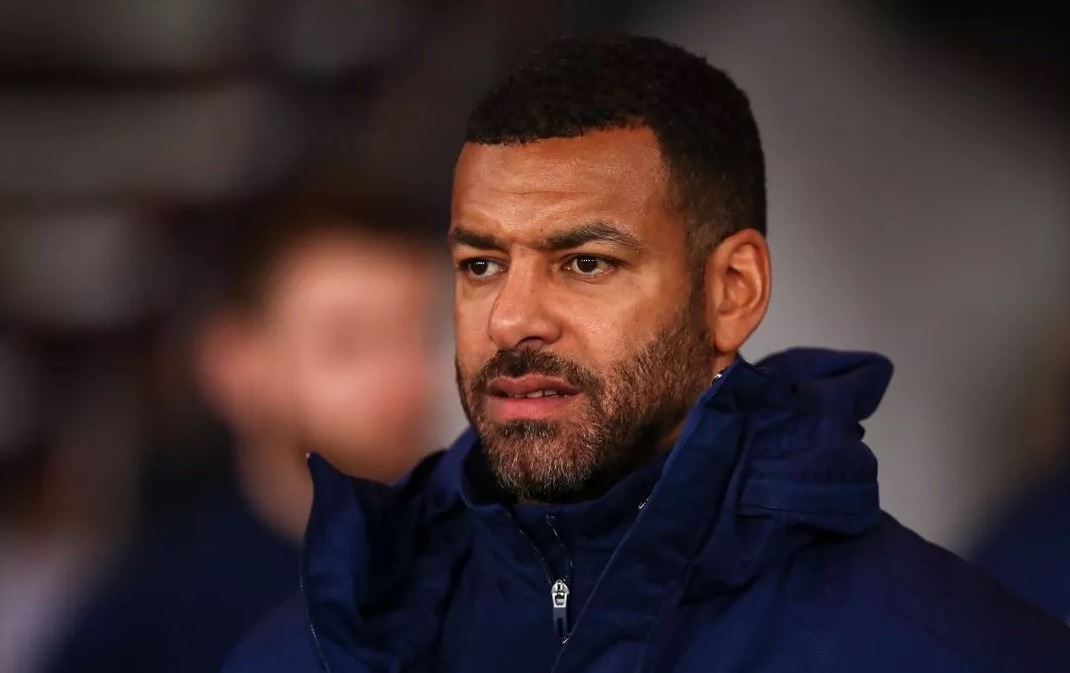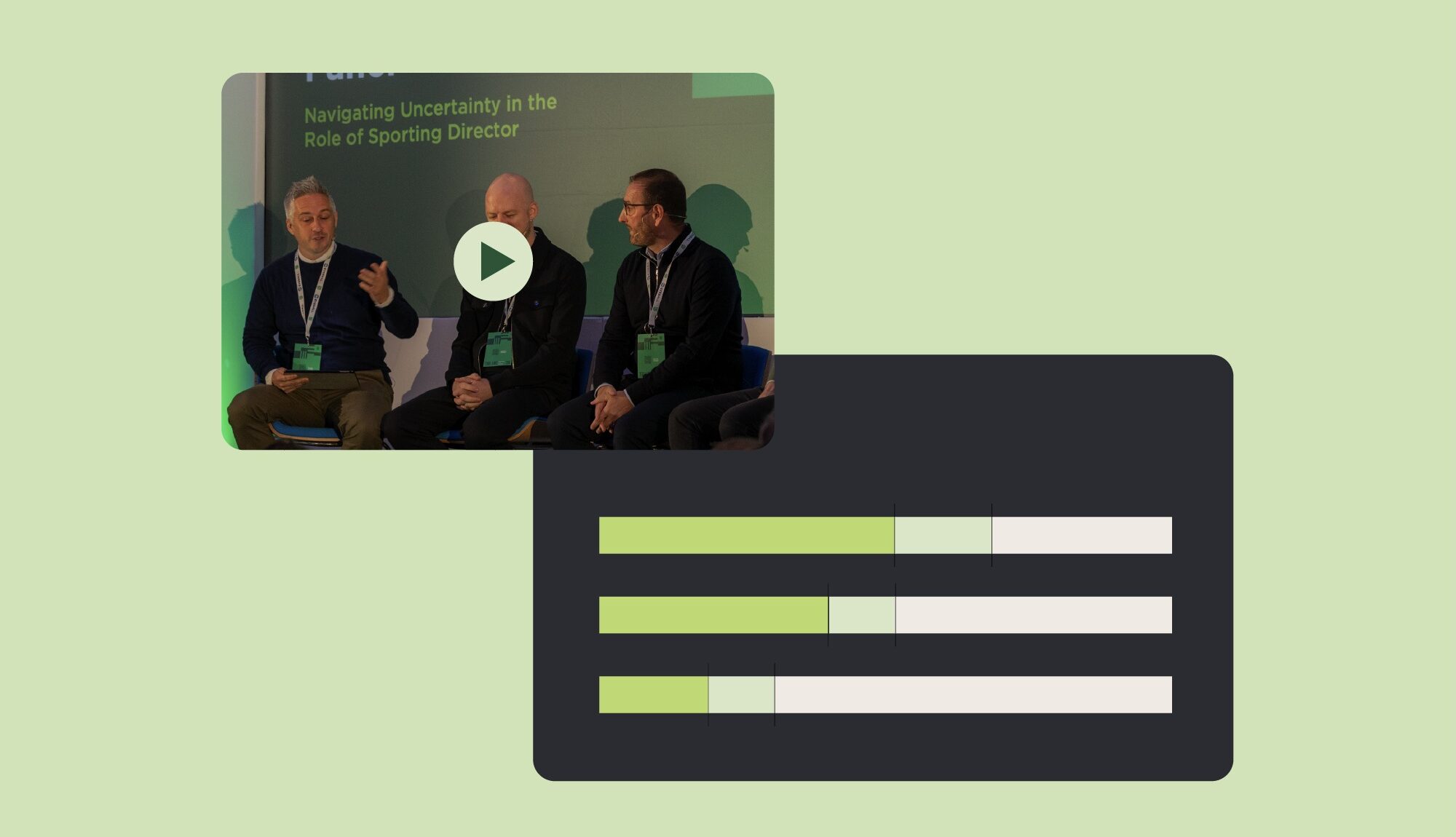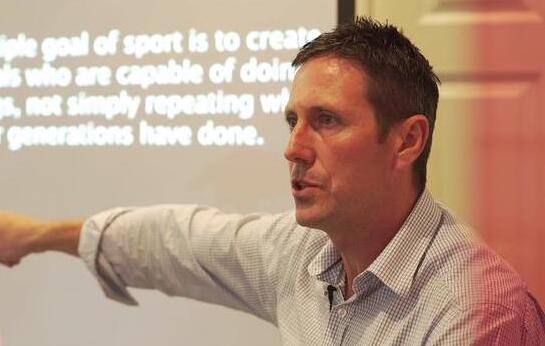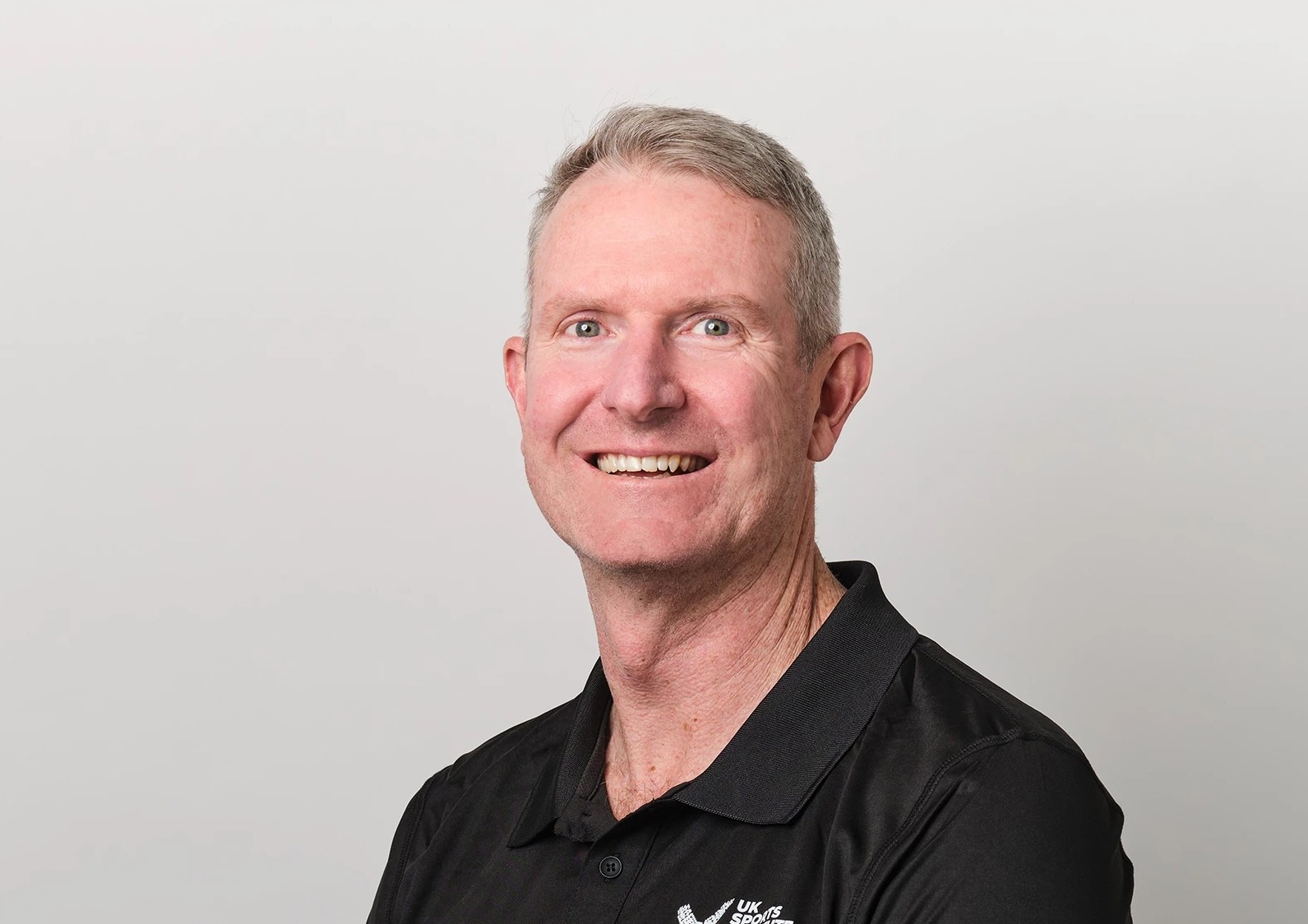
Steven Reid: Players and staff ‘struggling to cope’ with off-pitch demands
Written by
Simon Austin
December 13, 2024
Former Premier League player and coach Steven Reid says testing, monitoring and analysis has gone “too far” and that players and staff are “struggling to cope with the demands of the game.”
Reid, who was our guest on Episode #41 of the TGG Podcast, has worked in professional football for 27 years. He played more than 200 Premier League games, won 23 caps for Ireland and then worked as a First-Team Coach for Crystal Palace, Scotland, West Brom and Nottingham Forest.
Now he runs coaching and mentoring consultancy Three Points, specialising in human development, along with Fraser Franks and Brian McDermott.
Writing on LinkedIn, Reid said: “Wellness checklist, urine samples, weigh-in, body fats, activation, pre-hab, individual meeting, unit meeting, team meeting, set piece meeting, clips sent to phone, social media pressure, media commitments, training review, game review, post-training gym – the list goes on and on.
“That’s before you even start on the ACTUAL mental, physical and emotional demand of the game itself, with training, games and the pressure that brings internally and externally.
“Having been involved in the game professionally for 27 years, I’m starting to think the game is going too far. More and more players and staff are struggling to cope with the demands of the game.
“This in turn is putting massive demands on staff, who are very often poorly paid, living away from families and given little thanks. ‘They should be grateful they are in a job…somebody else will do it for less money.’
“Many dare not even suggest they are struggling through guilt that they should be ‘living the dream in’ football. I think we are losing the ‘feel’ and what the eyes are telling us and just going with what the data, stats and people that have never ‘felt’ the game are telling us.
“So many are implementing ideas and theory just to tick a box or because another club are doing it so we should be doing it. Maybe it’s time to slow it down instead of speeding up?”
Alderweireld: ‘You think you’re going to have a heart attack and die’
Reid cited the example of former Tottenham defender Toby Alderweireld, now at Antwerp, as “yet another warning” for the game.
Last month, Alderweireld revealed he thought he was having a heart attack and would die as he travelled into training at the start of March 2023.
“After the lost Cup match against Union (Saint-Gilloise) I was angry and frustrated,” Alderweireld told Belgian media outlet VRT. “I couldn’t sleep that night and went to the club early the next morning to do a strength session. Before I left, I took a caffeine pill because I don’t like coffee.
“When I was in the car, my heart suddenly started beating at a rate of a thousand an hour. I thought, ‘I’m going to have a heart attack, I’m done for, I’m never going to see my children again.’
“I pulled over, walked into a furniture store and asked if they could call 911. It turned out that all the stress made my heart pound. That gave me a panic attack, which made my heart beat even faster. You actually drive yourself crazy.
“And at a certain point you think you’re going to have a heart attack and die. We did a lot of tests, but everything was okay. Then I started talking to people and they said it was due to too much stress. Purely a panic attack.
“Now I still suffer from that sometimes, but I can accept that because I know it’s nothing.”
This was why the 35-year-old retired from international football later in March 2023.
Barry Drust: 24-hour surveillance
In July 2019, Professor Barry Drust, now Programme Leader on the Doctorate in Sport and Exercise Science at the University of Birmingham, warned that football was at risk of placing players under “24-hour surveillance.”
Drust had carried out research in which he had counted the number of ‘touch points’ a player had with a practitioner during a typical week. There were 49.
“I don’t know many people who have that level of scrutiny about what they do day-to-day, and I wonder if this has potential to cause issues,” Drust told TGG. “It is almost like 24-hour surveillance.
“And when you think of it as surveillance, not monitoring, then your perception of it changes, but nobody really thinks of it that way. Unfortunately, what often happens is the athlete is not put at the centre, when he or she should be. Then we think about mental health issues and the implications of any of this stuff in the long term.
“You could argue it’s unnecessary surveillance. Just because the sports scientist can’t decide what is the most important information, should they then collect more and more just to effectively cover their backs? What you end up with is numerically assessed uncertainty.”
In 2017, TGG did a piece on the day in the life of a Championship footballer, based on a video that Norwich City had produced with their skipper Russell Martin, now Manager of Southampton.
After arriving at their Colney training base at 8.45am, Martin was weighed; did blood, urine, hydration and heart rate tests; filled out a wellness and readiness questionnaire; did a functional movement screen; took his supplements; did pre-training preparation in the gym; saw the physio to have strapping applied and a massage; put his GPS vest on; and did pre-activation and mini conditioning.
"Try and touch every player in terms of human contact."
Tony Strudwick
This was all before he had actually gone onto the pitch for the main training session at 11.15am. After training, there was cryotherapy; a strength, power and injury prevention session; and an analysis session while having a recovery drink.
Tony Strudwick, the West Brom Head of Performance, has spoken about the importance of having human interventions (rather than technological ones) whenever possible.
“The first contact of the day between an athlete and fitness coach is really important,” Strudwick told Episode #13 of the TGG Podcast. “It should be ‘good morning’, engage, connect. Try and touch every player in terms of human contact.
“But what has happened is that this really important part of the day is sub-contracted to either an intern, who is very inexperienced. Or the player walks in and their first contact in the training process is a laptop or iPad.
“I’m not so sure that is beneficial to building a really collective environment or that that’s the right way to go in terms of athlete engagement. That isn’t always taught on a University course, but that’s something that should be developed and shouldn’t be sub-contracted to the least experienced people in the building.”
Follow Us
For latest updates, follow us on X at @ground_guru




